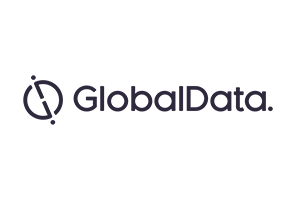Any information that comes with a product is considered labelling and when the product is used for a clinical indication that is not approved, it is regarded as off-label use. Any label approved by regulatory bodies, such as the FDA, defines the clinical conditions where the product can be used and demonstrates strong and sufficient evidence with respect to the product’s safety and efficacy.
In a recent US Food and Drug Administration (FDA) hearing on the off-label use of medical devices, Dr Stulting commented: “For certain populations, such as children, pregnant women, cancer patients, and patients with rare diseases, FDA sponsored clinical trials are not feasible or too costly for any manufacturer to undertake.
"This is especially true for patients with rare diseases and those with conditions that may exclude them from FDA clinical trials; for patients such as these, off-label use of medical products is our only option, one that may even be a vision or life-saving."
Off-label medical devices are more often used in the pediatric population as diseases in this group are acute and rarely chronic. Therefore, a relatively small patient population is available for enrollment into clinical trials, limiting research and development (R&D) of approved devices. In some cases, the off-label use of a device is considered as medical standard-of-care. Common pediatric off-label applications include dilation balloons for pulmonary artery stenosis and valvar aortic stenosis, cutting balloons for pulmonary artery stenosis and creation of atrial septal defect, and radiofrequency perforation wire for perforation of atretic pulmonary valve.
Uni-elbow arthroplasty (partial elbow replacement) is one of the FDA approved off-label substitute products for the capitellum and radial head. This suffices unmet needs of damaged capitellum when the radial head is fine and functional. However, this product was approved for complete replacement, whereas the off-label usage aids in partial and essential replacement of damaged compartments.
While the off-label use of medical devices has become a common practice, the devices may have drawbacks, which include patient safety, lack of entrepreneurial development, and educational support. The impetus for industry entrepreneurial advancement of pediatric-specific devices is limited as the standard-of-care in various situations has become the off-label use of approved devices.

US Tariffs are shifting - will you react or anticipate?
Don’t let policy changes catch you off guard. Stay proactive with real-time data and expert analysis.
By GlobalDataIn general, in three to seven years, around $1 million to $10 million is estimated to be invested in conducting clinical trials designed for FDA approval of medical devices. If off-label usage of devices gets approved by the regulatory authorities, time and cost incurred in clinical trials can be reduced.





